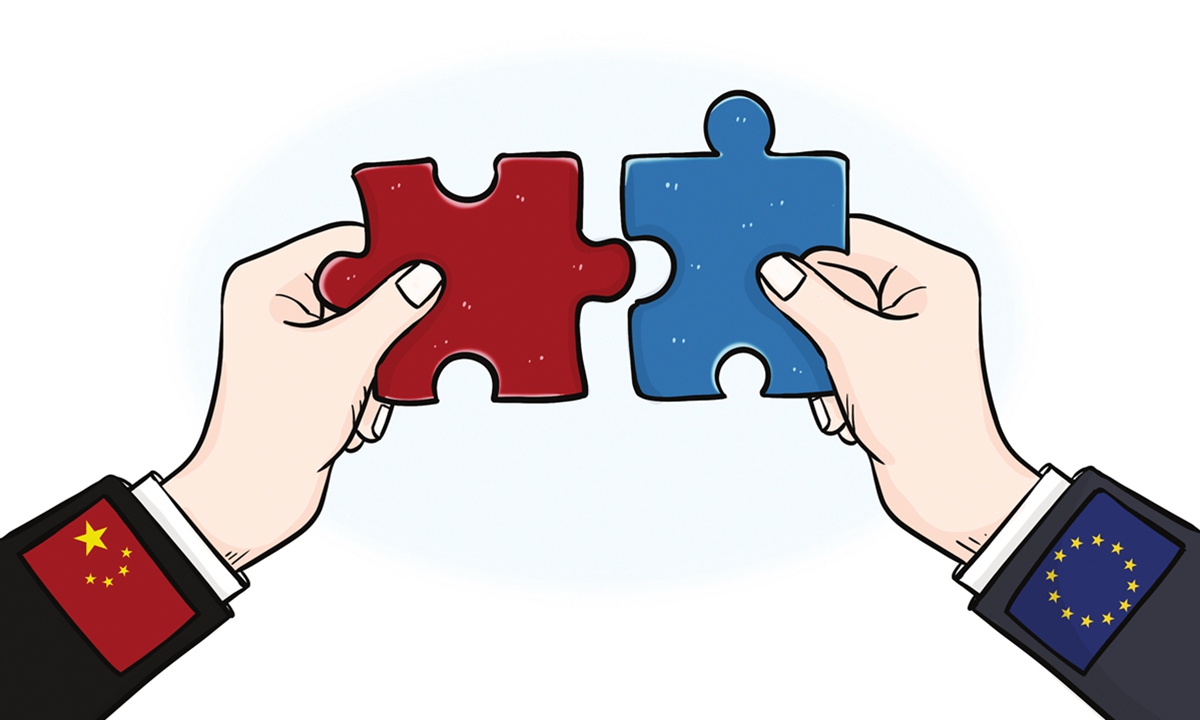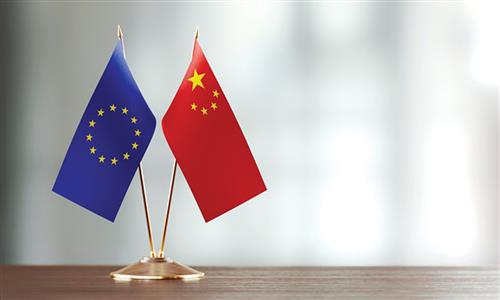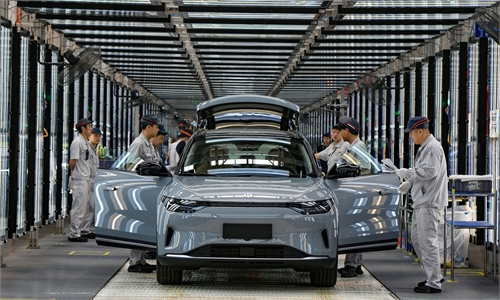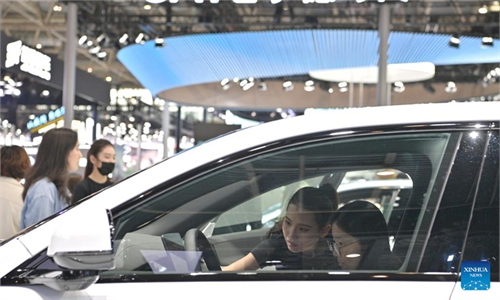
China EU relations
Despite lingering concerns about potential trade friction with China over electric vehicles in Europe, there is a growing awareness among the business community that the root of the rise in protectionism and trade hostility actually lies in the US, not China.
Guillaume Faury, CEO of Airbus, said in a recent interview with German publication Frankfurter Allgemeine Zeitung that the US is to blame for the trade wars that have engulfed the global economy, according to a Fortune report on Monday.
"Trade wars are in full swing. And I want to remind you that in recent years, it was not the Chinese who imposed tariffs on European aircraft, but the Americans," Faury said.
Given the significant role of Airbus in Europe's manufacturing industry, its CEO's perspective on global trade wars, which may diverge from the typical Western stance of attributing blame to China, could still be a valuable point for Europe to consider when reflecting on the impact of ideological values on its trade policy.
This is not only because Airbus and its rival Boeing have been at the center of a decades-long trade dispute between Europe and the US, but also because the protectionist measures and the "decoupling" policy promoted by the US in recent years have significantly disrupted global economic and trade patterns.
Whether there will be tit-for-tat trade friction between China and the EU has been in the spotlight these days, with EU politicians and media outlets already hyping the so-called trade tensions for months. However, few politicians have discussed how to deal with the protectionist measures taken by the US against Europe.
The varying attitudes of EU politicians toward different trading partners clearly demonstrate the significant influence of the US on its allies. It is widely known that much of Europe's economic and trade challenges with China stem from US interference.
Under the guise of "protecting national security," the US has implemented long-arm jurisdiction to influence the decisions of European governments and the activities of companies such as ASML. This leaves many European businesses facing a dilemma, as they are reluctant to sacrifice their substantial market presence and profits in China.
Amid the competition among China, the US and the EU, it is increasingly clear that the US is increasingly inclined to rely on the so-called strategic alliance to contain China's development.
One of the characteristics of the Biden administration's containment and so-called strategic competition policy toward China is to get more allies to work with the US to contain China's development and restructure the industrial and supply chains. In the meantime, however, the US has still adhered to its protectionist policy toward its allies.
The US strategy is in effect a ploy to force others to take sides, to either become its vassals or to "decouple" from China. Both choices are to the detriment of Europe's own interests.
It is the US that has been causing the trade tensions around the world. If the trade friction between China and the EU ends in an ugly manner, the US will certainly benefit from the lose-lose situation.
The EU needs to recognize that trade policy should not be driven by ideology, but should be based on genuine economic interests and long-term development goals.
Indeed, Europe and China have ample opportunities for mutually beneficial cooperation, and there is no need for misunderstanding or friction to hinder progress. By enhancing economic and trade ties, both sides can boost economic development, improve competitiveness and serve as a global model for successful win-win partnerships.
It is hoped that the EU can maintain an open attitude in developing economic ties with China in fields like green and new energy, which is conducive not only to efforts to combat climate change, but also to the China-EU comprehensive strategic partnership.



